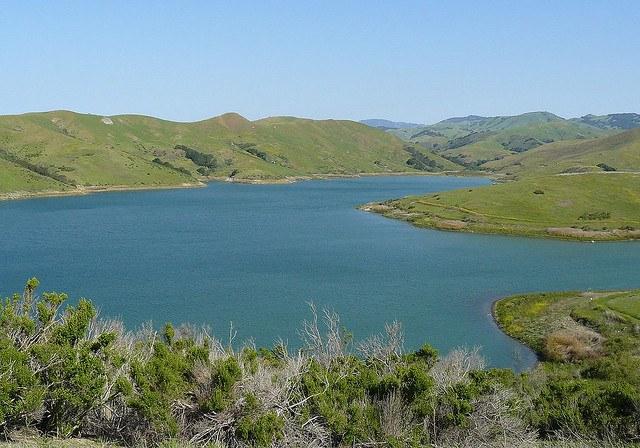
Water is the stuff of life. We need it to live. But California doesn't have as much of that stuff to go around, as the state is in its fourth year of drought. There’s no doubt that water crises are a major risk. Earlier this year, the World Economic Forum rated water crisis among the top five global risks facing society.
Food and beverage manufacturing requires a significant amount of water, which means businesses have an opportunity for water use reduction.
To that end, more than 60 North American and European investors, managing $2.6 trillion in collective assets, sent letters to 15 food and beverage companies this month, calling on them to manage water risk. Some big-name companies received the letters, including Archer Daniels Midland Co., Dean Foods, Dr. Pepper Snapple Group, Monster Beverage and Kraft Heinz Co.
In one of the letters, addressed to Dean Foods, the investors state that they believe “global water risk management is a critical aspect of financial risk oversight in the food and beverage sector.” The letter goes on to point out that Dean Foods may be exposed to risks that “could substantively jeopardize the sector’s short- and long-term ability to operate.”
Ceres released a report a few months ago on how the food sector is managing water risks. Titled Feeding Ourselves Thirsty, the report found that only 30 percent of the 37 major food companies surveyed even considered water risks to be a part of major business-planning activities and investment decisions. The companies that were sent letters by investors all scored poorly in Ceres’ report. Take Archer-Daniels Midland, which scored a 10 out of 100, while Monster Beverage scored a mere one point. Here are the scores for the other companies:
- Dean Foods: 13
- Dr. Pepper Snapple Group: 15
- Kraft Heinz Co.: 6
Why are some companies just not realizing that water risk management should be a priority? Earlier this summer, I interviewed Eliza Roberts, manager of the water program at Ceres, for an article about the report. Roberts told me that since water is viewed as cheap “it’s seen as limitless.”
She added, “When something is cheap and seen as limitless, it’s just not going to be valued.”
There is a bit of good news. The severity of California's drought is starting to change how water is perceived. “It’s becoming clear to all with the drought in California that water is not limitless and that water scarcity can have a real impact on business operations and bottom line,” Roberts told me. “So, additionally, as supply goes down and demand increases, it’s becoming clear that water may be cheap for now, but this is likely to change.”
There’s more good news: The pressure that investors are putting on major food and beverage companies may also serve to change perceptions of water. That's something those of us in drought-stricken California will cheer.
Image credit: Flickr/docentjoyce

Gina-Marie is a freelance writer and journalist armed with a degree in journalism, and a passion for social justice, including the environment and sustainability. She writes for various websites, and has made the 75+ Environmentalists to Follow list by Mashable.com.














